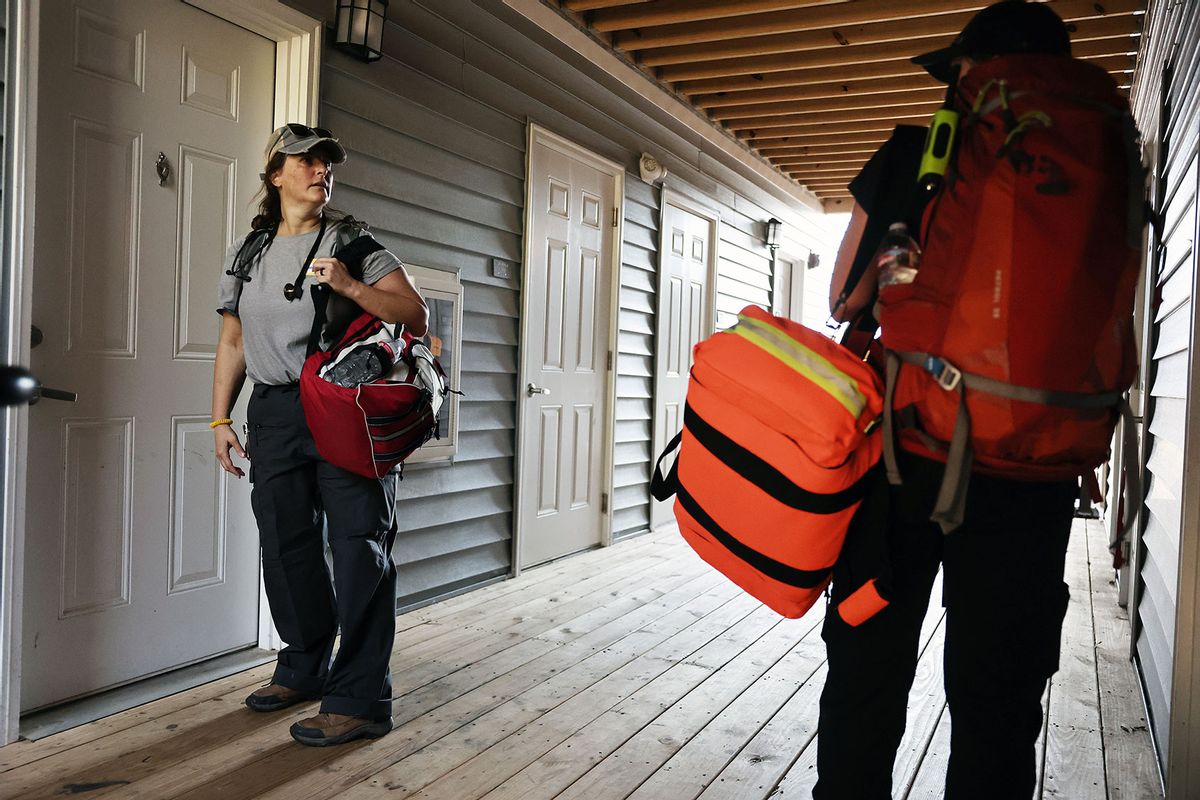U.S. officials are rushing to replenish dwindling supplies of IV fluids across the country, as a major supplier in western North Carolina remains knocked out of service by Hurricane Helene and the massive flooding it unleashed, The New York Times reported Wednesday.
The Baxter plant in North Carolina, together with a B. Braun plant in Florida, produces about 85% of the nation's IV fluid supply. The shortage caused by the Baxter plant's temporary closure has forced hospitals to postpone surgeries as a desperate measure to ration supplies for patients in the most critical condition.
Supplies are now being shipped in from overseas by the federal government, but the situation might further deteriorate as Hurricane Milton bears down on Florida and puts the B. Braun plant at risk as well, the Times reported.
The IV saline, dextrose and sterile water fluids provide hydration before surgery or childbirth, as well as provide life-support for babies born prematurely and for others with life-threatening conditions like sepsis, a dangerous blood condition. When mixed with other nutrients, they can also be administerd alongside chemotherapies, the Times noted.
Doctors and patients told the outlent that patients who rely on IV treatment at home and need the nutrition it provides to survive are particularly distressed.
Baxter, in anticipation of the emergency shipments, could increase its release of supply to 60%of normal levels on Wednesday, compared to 40% earlier this week. Crews are working to rebuild a bridge at the Baxter plant to remove and distribute truckloads of supplies left intact by the storm.
But it is not known yet when exactly the plant will be fully operational again. For now, the company says only that it will resume production in phases by the end of the year.



Shares